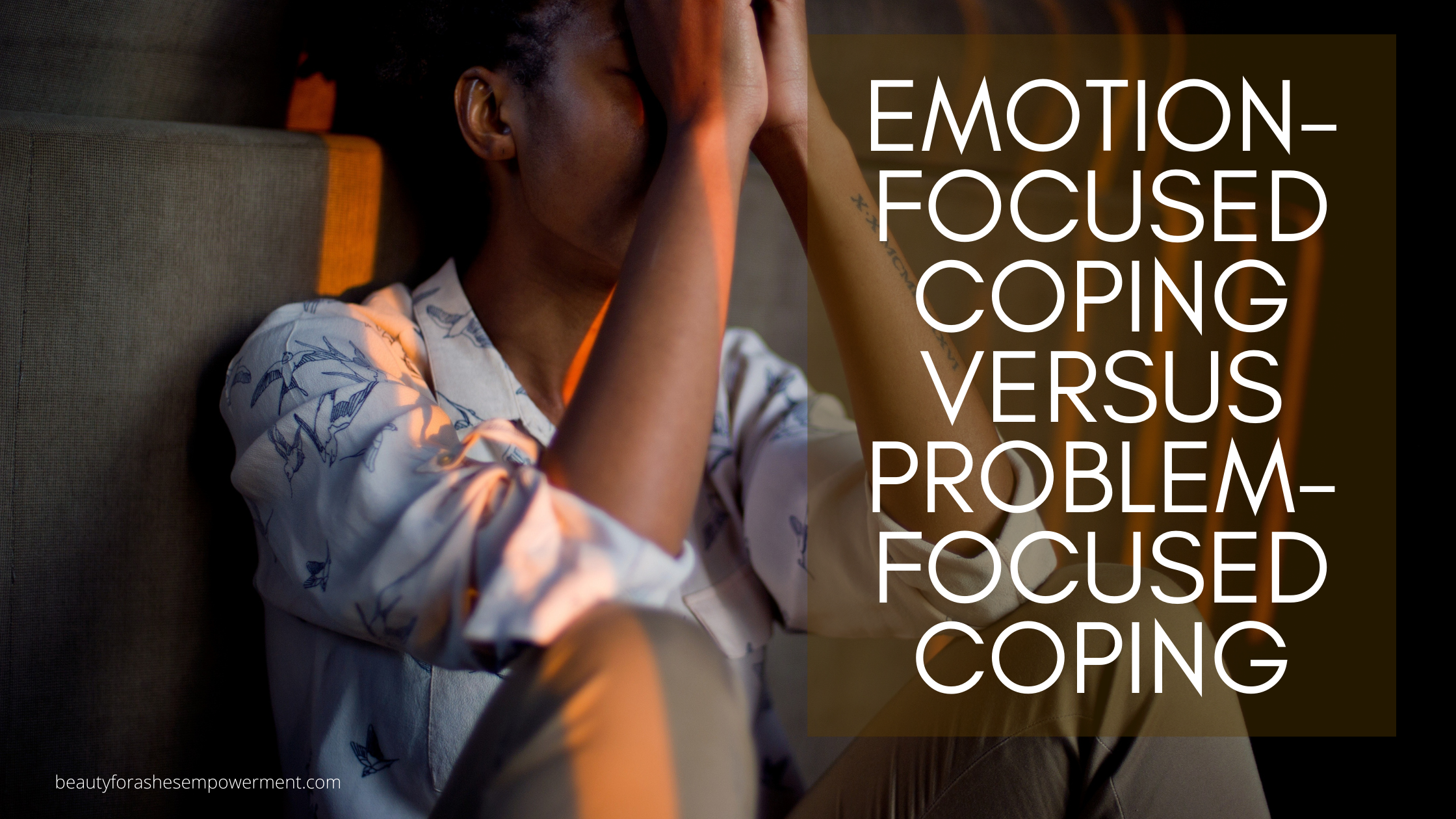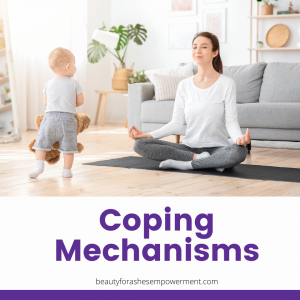Emotion-Focused Coping Versus Problem-Focused Coping

If there is one thing, we can all agree on it’s that our problems come in a wide variety of sizes and shapes. Likewise, the same can be said for the methods you have with which to address those problems. While a hammer is an appropriate solution to secure a nail, it would be a terrible option to use in the removal of a light fixture. The same can be said for using the correct coping mechanism to deal with different problems.
While the DIY example is simplistic, it highlights a very real issue that we face. Often, we rely on the wrong coping mechanisms when faced with a challenge.
Coping Mechanisms

The first question you must ask yourself when you attempt to address a problem is – what can I control?
This might sound like the worst possible response, but the reality is your answer will sway whether you should embrace emotion-focused or problem-focused coping mechanisms.
There is a difference between being in control and being a control-freak. The key is controlling what you can and learning to let go of what you can’t. Some of our greatest anxieties come from our inability to feel in control of a situation. It’s all about striking a healthy balance. Which is true when it comes to dealing with problems.
When you identify that your problem is within your locus of control, then your best response is a problem-focused coping mechanism. This is about recognizing that you can make changes to impact different elements of the issue. For example, the problem is you took vacation time but you now cannot afford to pay for a vacation. An effective coping mechanism would be to reduce expenses elsewhere to try and afford the trip or to look to spend that R&R time closer to home.
You may have some control over a problem because the greatest issue is how you are reacting to the issue at hand. This would be an emotion-focused coping mechanism. You cannot change significant aspects of the issue, but you can alter how those problems influence you. A good example of this would be the weather. It is not within your control, but how you respond to it is.
Of course, anxiety might be a more relevant topic. For example, if you have anxiety about standing in front of a room full of people to give a presentation you will experience a variety of physical and emotional sensations.
It doesn’t matter how much you practice; you might not be able to get rid of those physical sensations. For this, a more effective approach would be emotion-focused coping mechanisms that can help you deal with the physical sensations.
The Breakdown
Problem-Focused Coping

The basis of problem-focusing coping mechanisms is that they revolve around managing stress. These strategies encourage people to face issues head-on and take action to deal with the underlying cause or stressor. Consider focusing on : Time management, Stress management, Information-seeking, Meditation and (or) Prayer.
Giving consideration to how you utilize your time could eliminate some triggers that contribute to your stress level. For example, if you do not give yourself enough time to get ready for work, you are always rushing, which makes you feel like you are forgetting something, which adds un-necessary stress.
Taking the time to learn more about the problems that give you a moment for pause, may help you see the problem in a completely different light. Sometimes more information can help you gain a clearer perspective, which will shift how you see the problems.
Taking the time to reflect on the problem with the intent of releasing the problem in prayer in meditation offers a way to relieve your mind from an emotional and (or) mental weight.
Emotion-Focused Coping
The basis of emotion-focused coping mechanisms is regulating your emotional response or feelings in response to a problem. It becomes less about the problem itself, and more about how you react to the problem. This is the ideal response if you are faced with an issue that you cannot control, but you may be able to influence your emotions instead.
Consider influencing your emotions by: finding a distraction, meditating, prayer, exercise, through social support, exercise, and prayer.
Of course, there are plenty of situations in which both methods of coping would be suitable. In these cases, you can enlist a mixture of the two approaches to overcome the issue you are facing.
Disclaimer : This content is meant to inform, and is not a substitution
for professional consultation. It is always best to consult a professional when managing your emotional and mental health.







